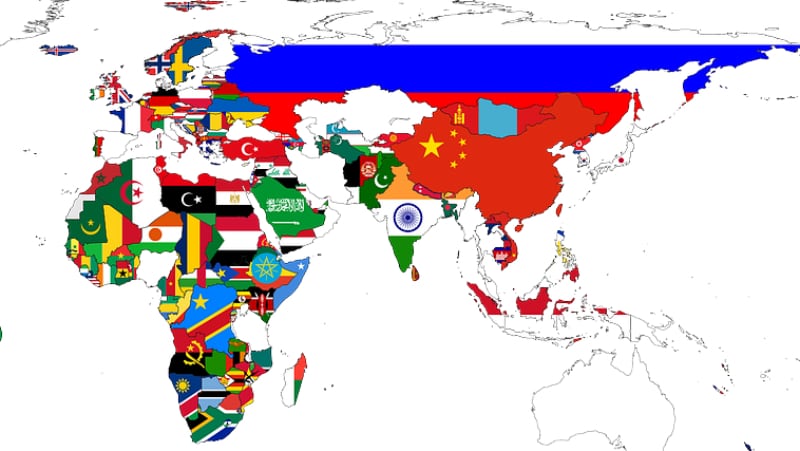Health, experience and plastics: F&B insights from Mintel’s China and North Asia 2019 consumer trends
Market research agency Mintel has identified six new consumer trends that are shaping the Chinese and North Asian consumer landscapes. Within these, health, experience and plastic use are some important key points for food companies to take note of.
The six trends identified by Mintel are: Total Wellbeing, Challenge Accepted, Redefining Adulthood, On Display, Social Isolation, and Rethink Plastic.
From these, we have identified several major takeaways that food and beverage industry players need to pay attention to.
Turkey tops tea drinking chart: Each Turk drinks an average of 1,300 cups of tea per year
Turkey is the world’s largest tea drinking country, with each Turk consuming an average of 1,300 cups of tea per year.
Turks consume around three to five cups of tea daily while this number increases to 10 cups during winter, Serdar Ersahin, the head of an Istanbul-based coffeehouse association told local media Anadolu Agency.
Citing information from the International Tea Committee report, he added that Turkey was the largest tea consuming country.
The culture of drinking tea was ingrained in the Turks as it was an occasion to sit and talk, and tea houses historically are places of socialisation, he explained.
Globally-recognized plant-based certification will meet snacking trends
The Allergen Control Group (ACG) – which owns the Gluten-Free Certification Program (GFCP) – is inviting applications from brand owners, retailers and manufacturers to participate in the development of the first internationally-recognised Plant-Based Certification Program (PBCP).
As the plant-based trend continues its upward trajectory, it has become imperative that a program be developed to ensure that consumers can expect the same standards and transparency of other certification programs.
To this end, the ACG is creating two food-industry stakeholder working groups to develop the first globally-recognized and voluntary program.
“Although there appears to be little or no current regulations around these claims, our PBCP will be designed to enable consumers to make safe and informed choices, while also meeting the current and future practical needs of our industry,” said Paul Valder, AGC’s president and CEO.
Saudi food trends: Demographic changes and health issues set to shape consumer spending
Demographic changes and the increasing health challenges seen in Saudi Arabia will provide new opportunities for food and beverage growth, but firms have been warned that brand loyalty may be a thing of the past.
This is according to Chaitanya GRK, senior manager at business consultancy firm Farrelly & Mitchell, who spoke at the Gulfood Manufacturing show in 2018.
The first point he made, was that a favourable demography would drive the demand for food and beverage in Saudi Arabia.
“The median age of the population is almost 10 years younger than any of all developing countries,” he said.
A young population will drive the expansion of food and beverage product range available in the country, since they will “want to try different products.”
The five top trends set to shape APAC food and beverage industry in 2019
From eco-packaging to plant-based proteins and yet more sugar reduction, we take a look at the five top trends that will shape the Asia Pacific food and beverage industry in 2019, with insights from some of the region’s biggest brands.
These are: Plastic packaging reduction and management, Sugar reduction and reformulation, Locally-sourced ingredients, Plant-based protein and Rise of social commerce.





